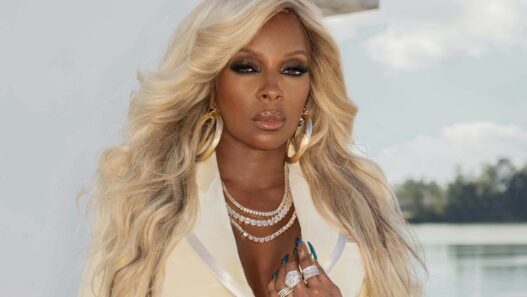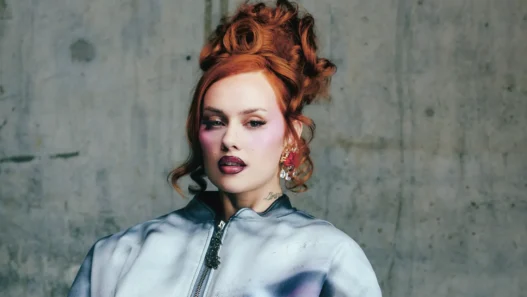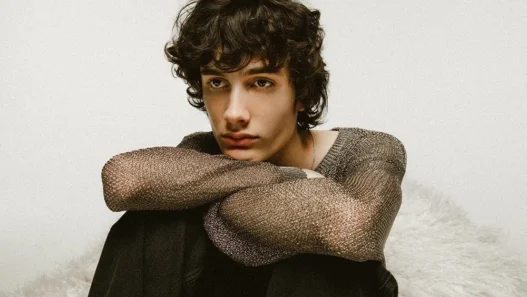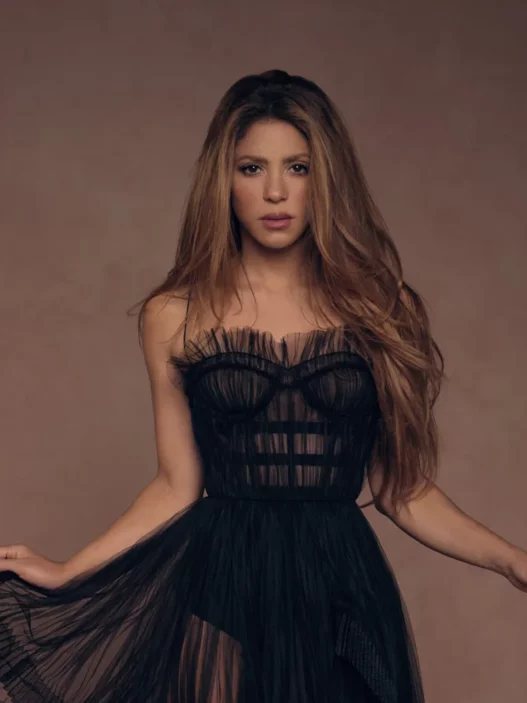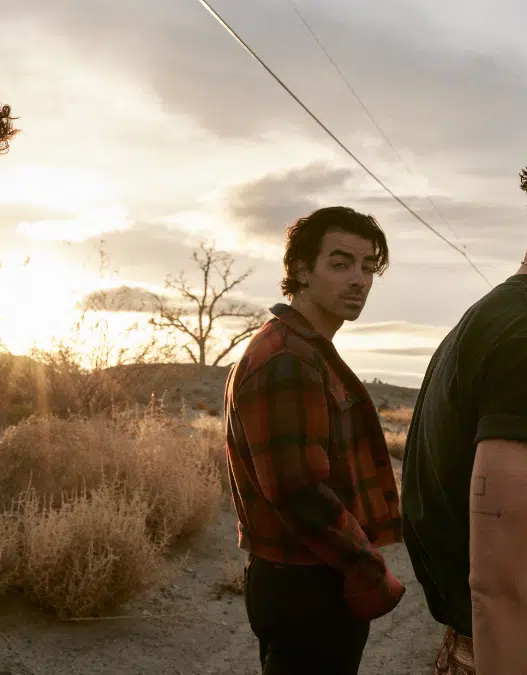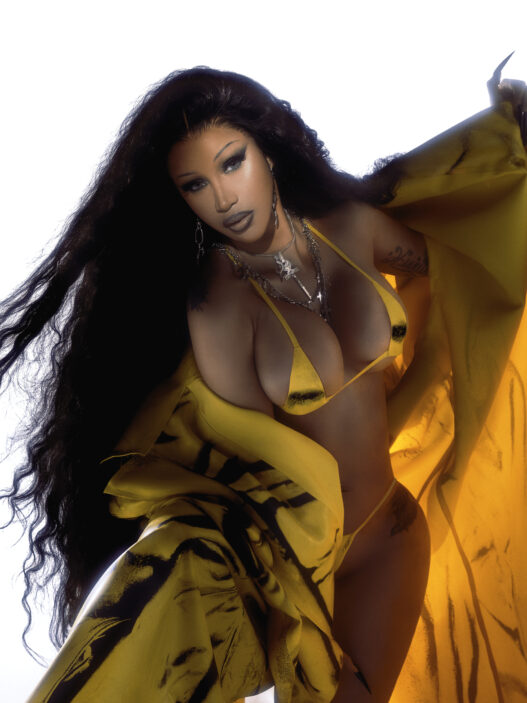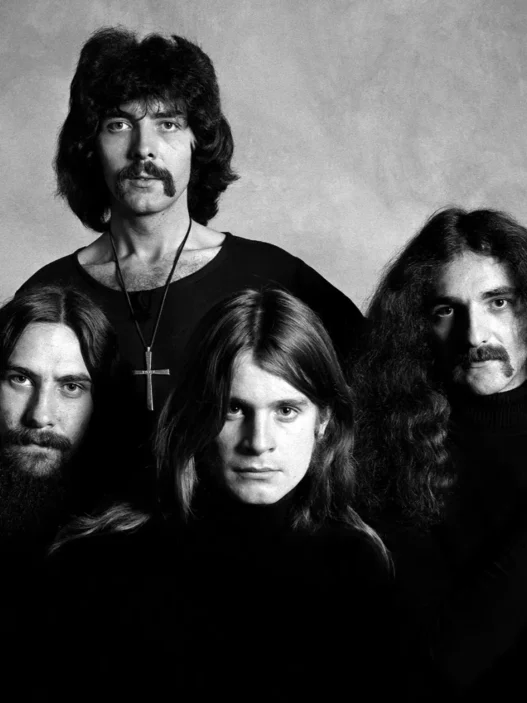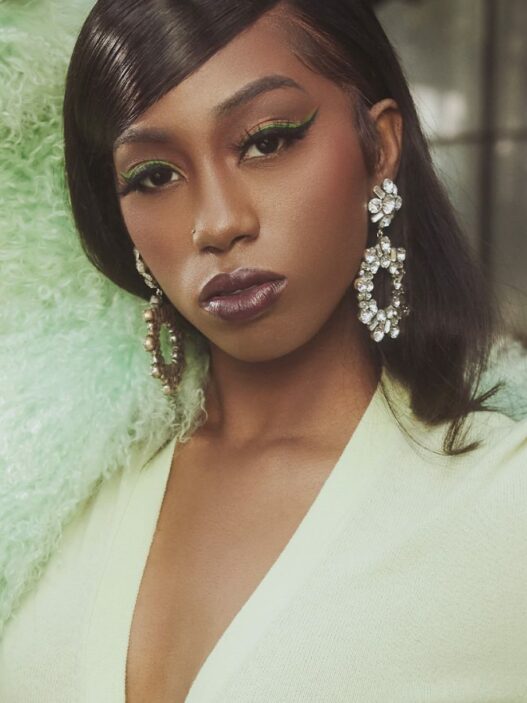Pop singer Sabrina Carpenter is facing a wave of controversy after the announcement of her upcoming album Man’s Best Friend. Carpenter revealed the album and its provocative cover art on June 11 via social media. The cover image depicts the star on her hands and knees in a black minidress while a faceless man in a suit grips her blonde hair. The submissive tableau, paired with the album’s title, immediately drew backlash from fans and critics online, with many accusing Carpenter of degrading women and glamorizing control and objectification.
Criticism of the Man’s Best Friend artwork was swift. Online commenters questioned why the singer, whose audience includes many young women, would present herself “on all fours” in such a controversial pose. A domestic abuse charity described the image as “regressive,” evoking outdated stereotypes of women as pets or possessions. Some fans expressed discomfort, especially those with personal experiences of abuse, saying they hoped to see Carpenter embrace empowerment rather than submission. The backlash has also sparked debate around timing, as many feel the imagery is tone-deaf in the current political climate.
At the same time, a growing number of supporters have defended the album art, arguing it may be intentionally provocative or satirical. Some interpret the lead single, “Manchild,” and the exaggerated visual theme as a critique of male power dynamics rather than an endorsement. Carpenter, known for her tongue-in-cheek lyrics and hyper-feminine persona, has often played with themes of perception and image in her work. For these fans, the controversy may actually underscore the album’s artistic point.
While Carpenter has not addressed the backlash directly, she recently commented on the scrutiny women in music face. She noted the irony of being criticized for sexual content that listeners themselves make popular. Man’s Best Friend is scheduled for release on August 29, and despite the controversy, anticipation is high. Whether it lands as satire or simply shock, Carpenter has successfully ignited a cultural conversation around femininity, power, and public image.





